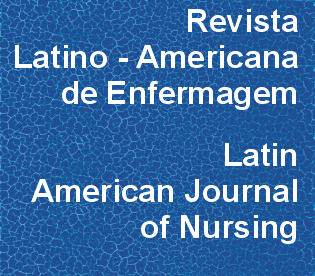Collective and decentralized management model in public hospitals: perspective of the nursing team
DOI:
https://doi.org/10.1590/S0104-11692011000400020Keywords:
Nursing, Team, Organization and Administration, Communication, Power (Psychology), Health ManagementAbstract
This research aims to present the implementation of the collective and decentralized management model in functional units of a public hospital in the city of Ribeirão Preto, state of São Paulo, according to the view of the nursing staff and the health technical assistant. This historical and organizational case study used qualitative thematic content analysis proposed by Bardin for data analysis. The institution started the decentralization of its administrative structure in 1999, through collective management, which permitted several internal improvements, with positive repercussion for the care delivered to users. The top-down implementation of the process seems to have jeopardized workers adherence, although collective management has intensified communication and the sharing of power and decision. The study shows that there is still much work to be done to concretize this innovative management proposal, despite the advances regarding the quality of care.Downloads
Download data is not yet available.
Downloads
Published
2011-08-01
Issue
Section
Editorial
License
RLAE’s authorship concept is based on the substantial contribution by each of the individuals listed as authors, mainly in terms of conceiving and planning the research project, collecting or analyzing and interpreting data, writing and critical review. Indication of authors’ names under the article title is limited to six. If more, authors are listed on the online submission form under Acknowledgements. The possibility of including more than six authors will only be examined on multicenter studies, considering the explanations presented by the authors.Including names of authors whose contribution does not fit into the above criteria cannot be justified. Those names can be included in the Acknowledgements section.
Authors are fully responsible for the concepts disseminated in their manuscripts, which do not necessarily reflect the editors’ and editorial board’s opinion.
How to Cite
Collective and decentralized management model in public hospitals: perspective of the nursing team . (2011). Revista Latino-Americana De Enfermagem, 19(4), 1003-1010. https://doi.org/10.1590/S0104-11692011000400020



